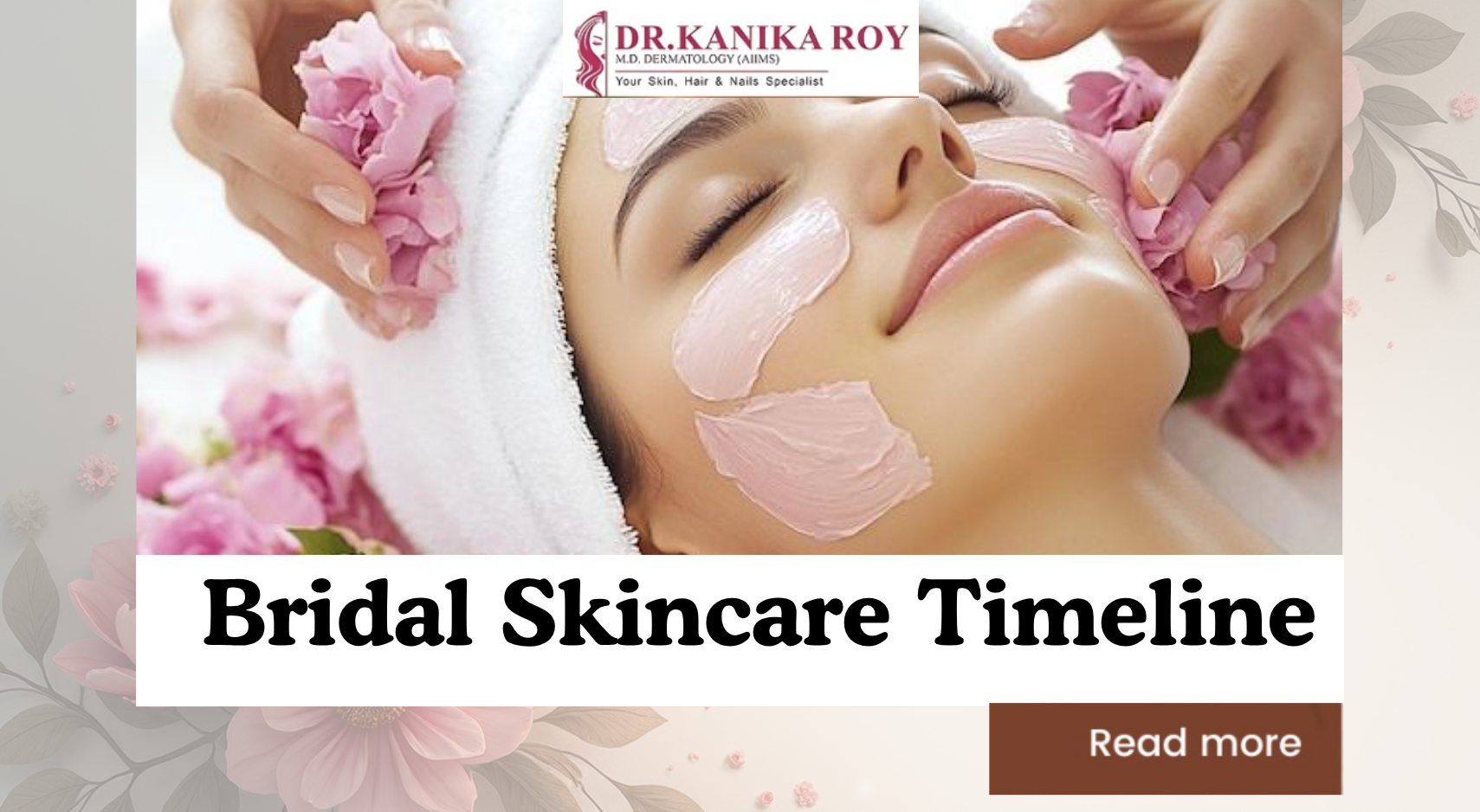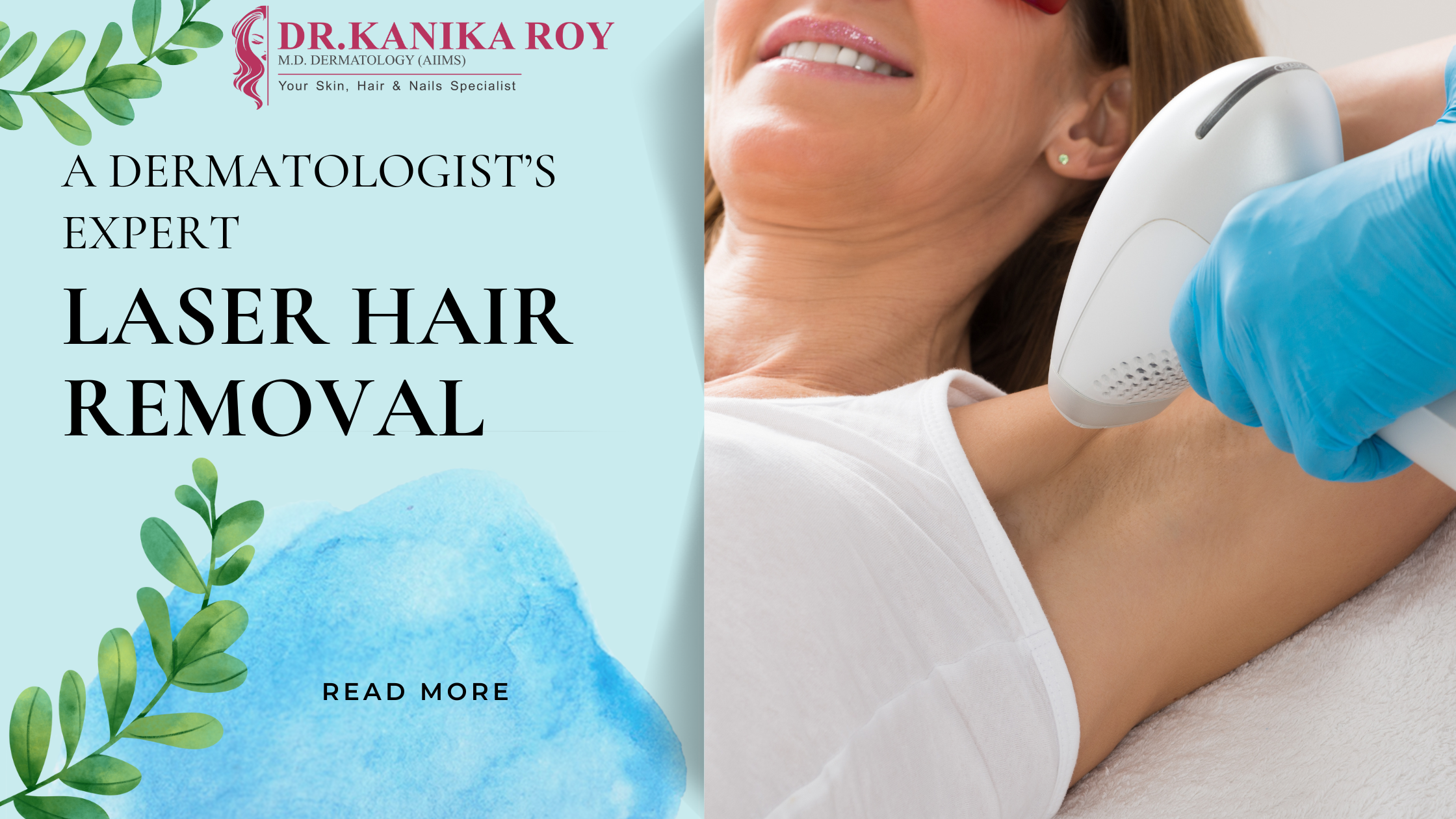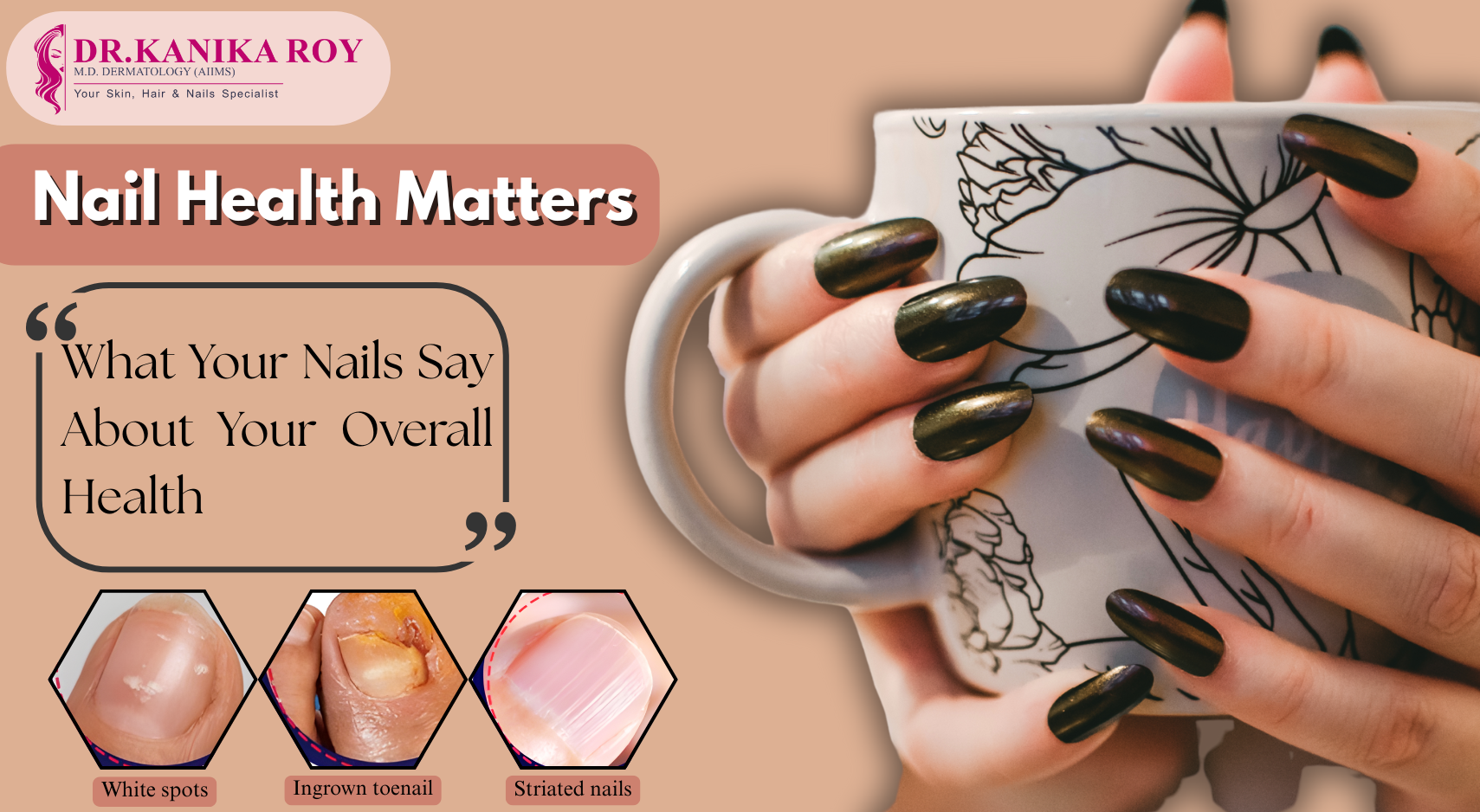Hair fall is a common issue affecting people across age groups, genders, and lifestyles. Although losing some hair every day is natural, excessive hair fall can be alarming. If you're facing this issue, it is essential to identify the underlying causes to address it effectively. In this blog, we will delve into the most common causes of hair fall and explore potential solutions. If you're in Noida and looking for professional advice, consulting the best dermatologist in Noida can help you navigate your hair care journey.
1. Genetic Factors (Androgenetic Alopecia)
The most common cause of hair loss is genetic. Androgenetic alopecia, also known as male or female pattern baldness, is hereditary and tends to worsen with age. In men, it leads to a receding hairline and bald spots, while in women, it results in thinning hair across the scalp.
If you notice early signs of genetic hair loss, it is advisable to consult who can offer treatment plans, including medications like minoxidil or finasteride, and advanced hair restoration techniques like PRP (Platelet-Rich Plasma) therapy.
2. Hormonal Imbalances
Hormones play a critical role in regulating hair growth. Conditions such as thyroid imbalances, pregnancy, menopause, and polycystic ovary syndrome (PCOS) can disrupt the natural hair growth cycle, leading to hair thinning or excessive hair shedding.
Thyroid disorders can cause both hyperthyroidism (overactive thyroid) and hypothyroidism (underactive thyroid), leading to hair fall. Hormonal treatments or lifestyle changes, along with professional guidance from the best dermatologist in Noida, can restore balance and reduce hair loss caused by these conditions.
3. Stress and Emotional Distress
Stress is another common factor linked to hair fall. Physical or emotional stress can trigger a type of temporary hair loss called telogen effluvium, where the hair prematurely enters the shedding phase.
Chronic stress affects the body's ability to function properly, and one of the first visible signs is often hair loss. Managing stress through meditation, exercise, and therapy is crucial. If stress-induced hair fall continues, the best dermatologist in Noida may recommend treatments like supplements, topical medications, or even light therapy to stimulate hair growth.
4. Nutritional Deficiencies
A well-balanced diet is essential for healthy hair. Deficiencies in key nutrients such as iron, zinc, biotin, vitamin D, and protein can weaken the hair follicles and result in hair loss.
Iron deficiency anaemia is particularly linked to hair shedding. Without sufficient iron, the blood's ability to carry oxygen to hair follicles is compromised, which can stunt hair growth. Eating a nutrient-rich diet, including leafy greens, nuts, seeds, and fish, can help maintain your hair's health. For severe cases, a dermatologist may prescribe supplements or blood tests to identify specific deficiencies.
5. Medical Conditions and Medications
Certain medical conditions, such as autoimmune diseases (e.g., alopecia areata, lupus), can cause hair loss. Alopecia areata is a condition where the immune system mistakenly attacks hair follicles, leading to patchy baldness.
Some medications, including those used for cancer (chemotherapy), heart conditions, depression, and high blood pressure, may also cause hair fall. If your medication is contributing to your hair loss, talk to your doctor about alternatives.
6. Poor Hair Care Practices
Over-processing, heat styling, and excessive use of chemical treatments like dyes, perms, or relaxers can damage hair shafts, leading to breakage and hair thinning. Even everyday habits like tight hairstyles (ponytails, braids) or aggressive brushing can contribute to traction alopecia, a form of hair loss caused by constant pulling on the hair.
To prevent damage, use gentle hair care products, minimize heat exposure, and avoid tight hairstyles.
7. Infections and Scalp Conditions
Scalp infections such as ringworm, or conditions like seborrheic dermatitis and psoriasis, can cause temporary hair loss. These infections lead to inflamed and irritated scalp skin, which can weaken the hair roots and cause shedding.
Timely treatment with medicated shampoos, antifungal medications, and topical creams can help clear these infections and restore hair growth.
8. Aging
Hair naturally becomes thinner and weaker with age, as the hair growth cycle shortens. The hair follicle produces finer, shorter hairs over time, contributing to the appearance of thinning hair. While ageing is a natural process, there are treatments available to slow down or counteract the effects of age-related hair loss.
9. Environmental Factors
Exposure to pollutants, UV rays, and hard water can have detrimental effects on hair health. Pollutants can cause oxidative stress on the scalp, leading to inflammation and weakening of the hair shaft. Similarly, UV rays can damage hair proteins, making your hair brittle and prone to breakage.
Protecting your hair with hats or scarves, using water filters, and applying protective hair serums can minimize environmental damage. For personalized advice, a dermatologist can recommend treatments to combat environmental stressors on your hair.
Conclusion
Hair fall is often the result of a combination of factors, ranging from genetics and hormones to lifestyle and environmental influences. Understanding the root cause of your hair loss is key to finding the most effective treatment. For those experiencing severe or prolonged hair fall, seeking professional advice from the best dermatologist in Noida can provide a tailored approach to restore your hair health. Whether through medications, lifestyle changes, or advanced hair treatments, you can regain your confidence and achieve healthier, stronger hair.
FAQs on Hair Fall Causes
1. Can stress cause hair fall?
Yes, stress can lead to hair loss, particularly through a condition called telogen effluvium, where stress pushes hair into the shedding phase. Managing stress with relaxation techniques can help reduce this issue.
2. How do I know if my hair fall is genetic?
Genetic hair loss, or androgenetic alopecia, typically presents as a receding hairline in men and thinning across the scalp in women. Consulting a dermatologist can help you confirm if it's hereditary.
3. Can diet impact hair fall?
Yes, a poor diet lacking essential nutrients like iron, zinc, biotin, and vitamin D can weaken hair and lead to shedding. A nutrient-rich diet supports healthy hair growth.
4. Are hair treatments like colouring and styling causing my hair to fall?
Excessive use of chemicals, heat, and tight hairstyles can damage the hair shaft and cause breakage. Limiting these treatments and using protective hair care products can prevent further damage.
5. How can a dermatologist help with hair fall?
A dermatologist can identify the root cause of your hair loss and provide personalized treatments, including medications, therapies, or lifestyle advice, to restore healthy hair growth.

.png)
.png)
.png)
.png)
.png)

.png)



.png)
.png)
.png)